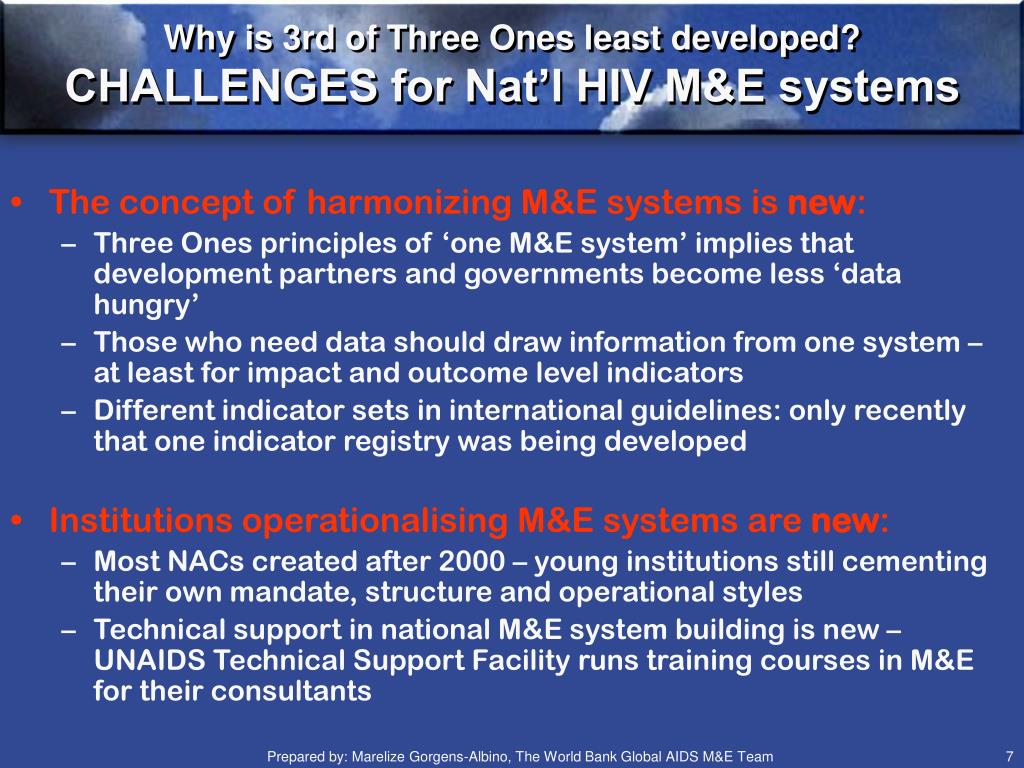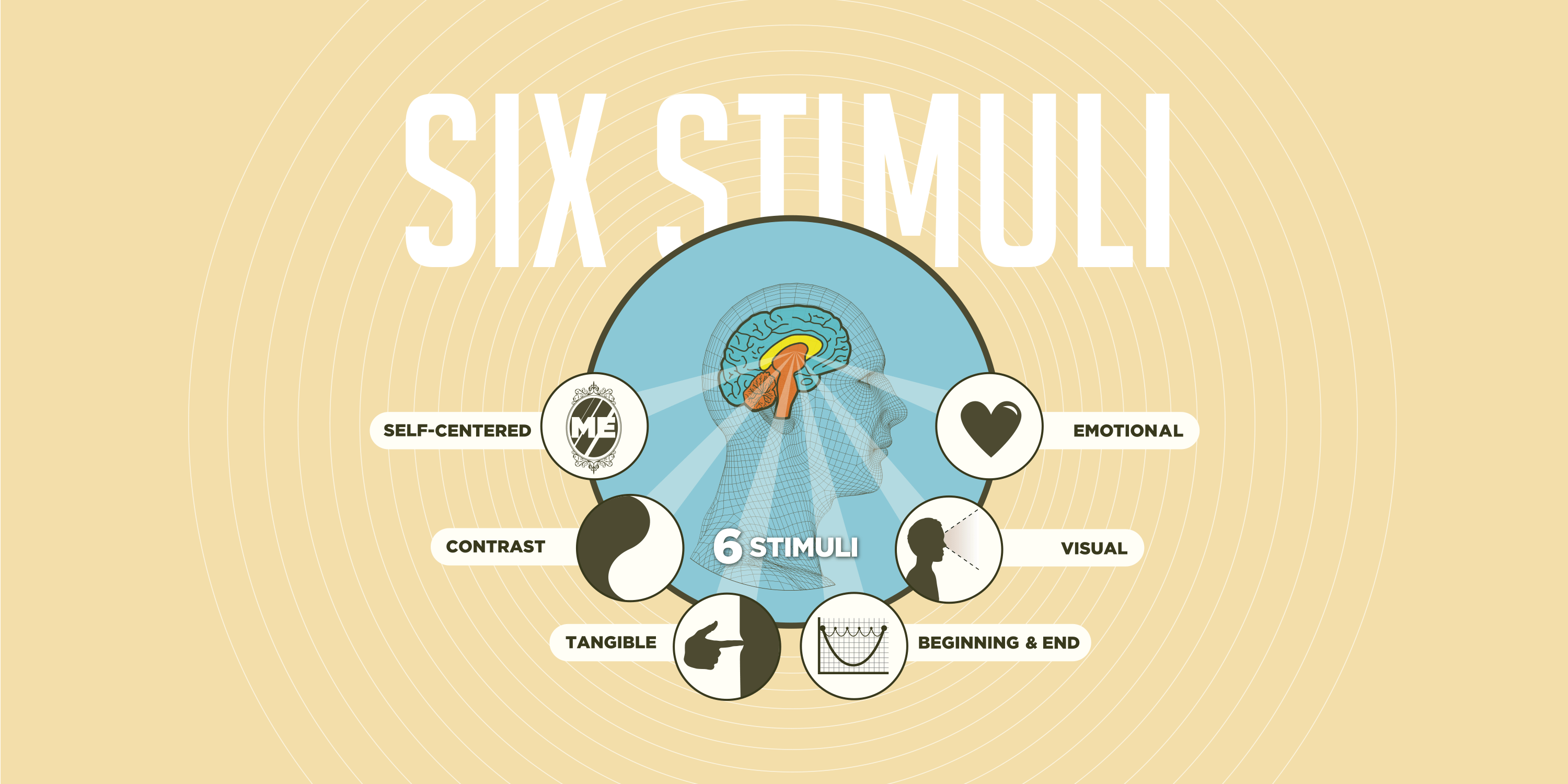

The authors of the Nature Medicine papers “just discovered that it’s difficult to do nutrition research,” Nestle says. Most nutrition studies, she says, rely on self-reporting by participants, and most people either can’t remember exactly what they have eaten or tend to overestimate the amount of healthy versus unhealthy foods in their diet. There are standard ways of collecting that information, and all of them are flawed,” says Marion Nestle, emerita Paulette Goddard Professor of Nutrition, Food Studies and Public Health at New York University, who wasn’t involved in the new papers. “It’s extremely difficult to know what people are eating. Rather, a one- or two-star rating is “telling us either that the evidence is very mixed or that the association is rather weak.”īut some experts say the findings merely reinforce what was already well known among nutrition scientists: nutrition research is hard to do. “We’re not saying there’s no risk associated with red meat consumption,” says Jeff Stanaway, an assistant professor at IHME. Low star ratings indicate findings could change as better studies are done and more evidence accumulates, the researchers say.

Rather they suggest the evidence supporting these associations is much less strong than, say, the evidence that smoking causes lung cancer. Importantly, the new ratings do not show that eating red meat isn’t associated with certain health problems or that eating vegetables does not help protect against them. The findings were part of the Global Burden of Disease study, a more than 30-year-old research project led by IHME and funded by the Bill & Melinda Gates Foundation to quantify the magnitude of all major diseases, risk factors and intermediate clinical outcomes in a standardized way. “We wanted to come up with a way to summarize the available evidence and say, ‘Here’s, on average, what we think is going on’ ‘How sure are we that that result isn’t going to change?’” “We wanted to react to people out in the scientific community and in the media and just generally consumers who are puzzled by how studies go from one result to another,” says Christopher Murray, director of the Institute for Health Metrics and Evaluation (IHME), based at the University of Washington, and chair of health metrics sciences at the university, who headed the team that conducted the studies. The researchers hope such ratings-available as an online tool-will help consumers make decisions about their own risk, officials develop health guidelines and research funders decide where to allocate resources for further study. The link between eating vegetables and lower risks of ischemic heart disease and hemorrhagic stroke also garnered just two stars.

The same was true for the link between unprocessed red meat consumption and breast cancer, diabetes and ischemic heart disease. But the links between consuming unprocessed red meat and colorectal cancer had only a two-star rating, meaning there is much weaker or conflicting evidence of an association. It did so for the link between high blood pressure and ischemic heart disease as well. The new metric assigned a five-star rating to the link between smoking and lung cancer, meaning there is extremely strong evidence of an association. The studies were published on Monday in Nature Medicine. The research quantifies the evidence for the health risks associated with common behaviors, such as smoking, eating red meat, or consuming few vegetables-and assigns each risk-outcome pair a rating of one to five stars based on the strength of the data involved. Now a new set of studies attempts to cut through some of the noise. For those seeking to lead a healthful life, it’s hard to know what to believe. Reports on nutrition science seem to constantly ping-pong back and forth: One day eating red meat is “bad” for you.


 0 kommentar(er)
0 kommentar(er)
